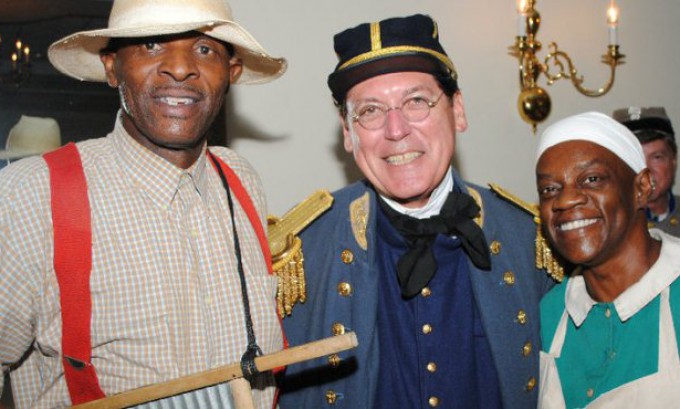Members of the College of Charleston community are not happy with the choice of a Republican politician with ties to neo-Confederates to be the next president of the college. Donors are complaining. Students are protesting. And on Tuesday, the Faculty Senate held a unanimous vote expressing no-confidence in the school’s Board of Trustees.
The college’s board announced late last month that it had voted to offer the president job to Glenn McConnell, the current Republican lieutenant governor of South Carolina. But McConnell’s lack of experience in academia, and his well-publicized enthusiasm for the Confederacy, quickly inspired protests.
The Charleston Post and Courier on Tuesday reported that within hours of the board’s announcement, Bill Asbill, a member of the college’s Foundation Board, sent out an email saying he would no longer donate to the school. George Watt, the foundation’s executive director, and Brandon Upson, a recent graduate who has been protesting the offer to McConnell, both told the newspaper that donors have spoken to them about the search process that ended with McConnell’s selection.
The College of Charleston Foundation is a nonprofit that raised money and promotes “programs of education, research, student development, and faculty development for the exclusive benefit of the College of Charleston.” It also supplies the majority of the current president’s salary. Watt, the foundation’s executive director, told the Post and Courier that he had not received any resignation letters, even though he was copied on the email from Asbill.
“I’ve heard and met with donors several times over the past four weeks in an attempt to assure them the process was above board,” Watt told the newspaper, adding that some donors had “the perception that there was a fix” to hire McConnell.
According to the Post and Courier, the Faculty Senate voted that it had no confidence in the board because the board had undermined confidence in the integrity of the presidential search process.
“We have a responsibility to speak up,” German professor Morgan Koerner said.






